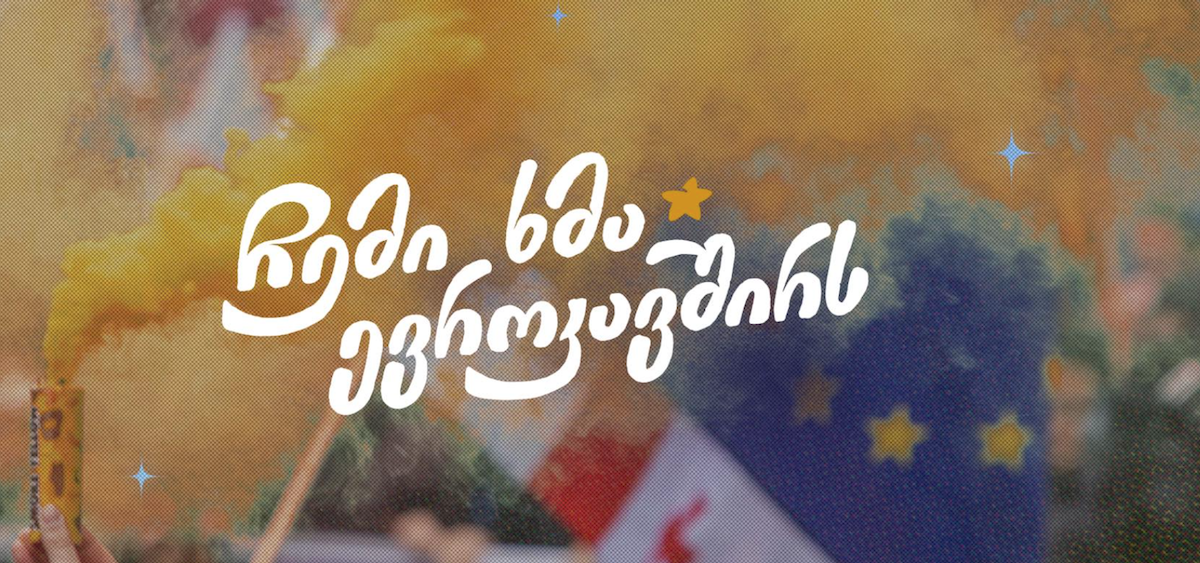Day: October 15, 2024
https://t.co/DQWCD8fvVr#Meeting between the #French #Ambassador @O_Decottignies and #Armenian @ArmeniaMODTeam reflects #France ‘s ambition to cement its #influence over #Armenia, deepening what seems to be a strategy of #neocolonial entanglement#Azerbaijan #SouthCaucasus
— AzerNews (@AzerNewsAz) October 15, 2024

The “Georgian Dream” election campaign
According to the “International Society for Fair Elections and Democracy” (ISFED), in recent weeks, the organization’s observers across the country have been regularly receiving information that individuals involved in the election campaign for the ruling party are applying various forms of pressure on voters, including employees of public sector organizations.
The organization is discussing several cases of legal violations:
● Activists of the ruling party are asking some voters to hand over their ID cards for a certain period under various pretexts (for example, in Zugdidi, Borjomi, Khashuri, Lagodekhi, Gurjaani, and Kvareli). This could infringe on the right to free expression in elections, which is a criminal offense under the penal code.
● The “Fair Elections” organization urges voters not to hand over their ID cards if such a request is made.
● Employees of public organizations, as well as some private companies, are being instructed by their superiors to compile lists of supposed supporters of the ruling party and pass on this information (for example, in Tbilisi, Bolnisi, Lagodekhi, Chokhatauri, Gurjaani, Kareli, Sagarejo, Kvareli, Telavi, and Dedoplistskaro). Such orders and the collection of voters’ personal data are illegal.
● “Fair Elections” urges leaders of public and private organizations to refrain from issuing such illegal instructions. In these cases, employees have the right to refuse to follow unlawful orders that are not related to their official duties.
● Activists of the ruling party are distributing food, fuel vouchers, or offering services to voters in exchange for their votes (for example, in Tbilisi, Zugdidi, Akhalkalaki, Kareli, Kaspi, Borjomi, and Khashuri). According to Georgian law, voter bribery is a criminal offense, and both the bribers and those accepting the bribes can be held accountable. However, voters can be exempt from criminal liability if they voluntarily report such incidents to the authorities.
● Activists of the ruling party are spreading information through unofficial channels, claiming that on election day they will be able to find out which party a voter supported using electronic devices (for example, in Zugdidi, Adigeni, Kareli, Gori, Borjomi, Khashuri, Lagodekhi, Gurjaani, Kvareli, Dedoplistskaro, and Telavi). The election administration has repeatedly stated that the verification and vote-counting systems are secure, and no one can find out who a voter supported. The verification and vote-counting devices are not connected, and the ballot paper contains no information that would allow voter identification. Therefore, the secrecy of voting is guaranteed.
“Fair Elections” urges voters not to share their personal data and/or ID cards with anyone.
The organization also reminds citizens that voting is secret, and it is impossible to verify a voter’s choice, even at polling stations where electronic technologies are used.
“Fair Elections” calls on the relevant state authorities to investigate and take action regarding the numerous alleged legal violations that have been reported recently.
On October 14, the coalition of observer organizations “My Voice” stated that the widespread information regarding the use of administrative resources by the “Georgian Dream” party constitutes a criminal offense. One of the coalition’s spokespersons, Londa Toloraia, mentioned this during a briefing.
She noted that parents of students are being asked to provide personal data. Toloraia called on the Data Protection Service to investigate the legality of collecting data about the parents of minors.
The “Georgian Dream” election campaign

